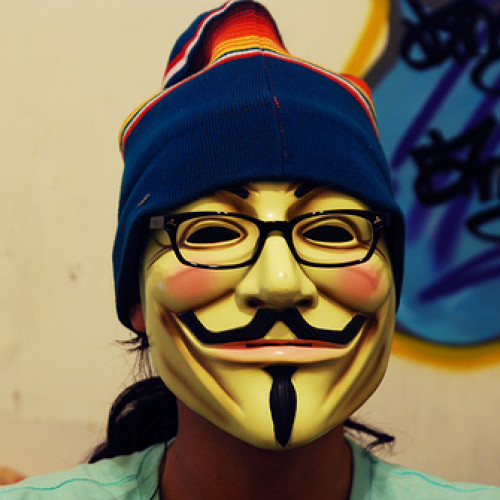It’s 2025, and the United States feels like a country with two living rooms and no shared kitchen. The ideological divide between citizens isn’t just about policies anymore—it’s personal, cultural, and existential. From TikTok to town halls, the nation debates everything from pronouns to prayer in schools. But what’s driving this wedge deeper?
Part of the answer lies in our media consumption. Algorithms feed us more of what we already believe, turning political disagreement into digital echo chambers. Studies from Pew and Gallup show trust in mainstream institutions—Congress, media, and even science—has eroded across the board. People aren’t just disagreeing on how to fix problems—they disagree on what the problems even are.
Social media influencers have become de facto pundits, shaping opinions faster than cable news ever could. Politicians now campaign through memes and podcasts, bypassing traditional gatekeepers. As a result, charisma often beats credentials, and outrage spreads faster than facts.
Meanwhile, key issues like climate change, wealth inequality, and AI regulation are getting buried beneath culture wars. Debates over bathrooms and book bans dominate the headlines while infrastructure and healthcare quietly rot. It’s easier to fight about symbols than systems.
Younger generations are politically active but increasingly skeptical of the two-party system. Independents and third-party candidates are gaining momentum, but institutional barriers keep them from real power. The question lingers: Can a government meant for compromise survive a culture that rewards extremes?
There’s hope in the local. City councils, school boards, and neighborhood associations are places where genuine collaboration still happens. While federal politics feels like war, local politics can feel like service. Perhaps the future isn’t in big stages—but small tables.
Can we ever agree again? Maybe not on everything. But if we can agree on the importance of decency, curiosity, and truth—we might just remember how to talk, not just yell. And that could be the beginning of national healing.

Comments